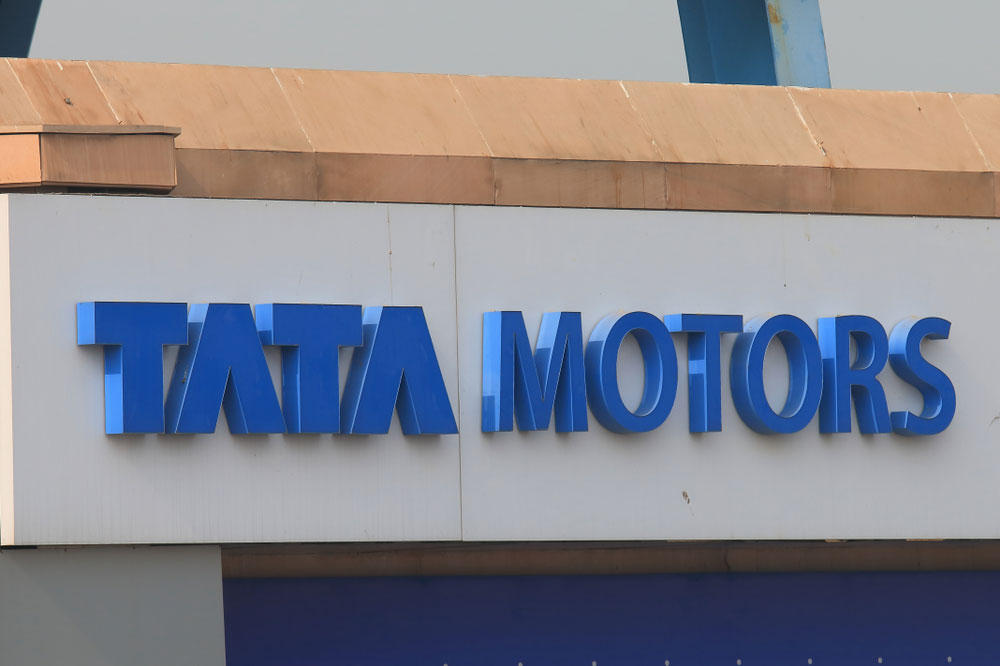The slowdown in car sales can be attributed to fuel prices and policy changes but not to the availability of loans to buys the cars, an RBI study said.
Weak consumer sentiment has dragged down car sales with market leader Maruti witnessing almost a 19 per cent fall in domestic sales in April from a year ago.
Tata Motors reported a 20 per cent fall in sales for the month. Domestic sales of Toyota Kirloskar Motor stood at 10,112 units against 13,037 units in April 2018, a decline of 22.43 per cent. Hyundai posted a decline of 10.1 per cent in domestic sales in the first month of the 2019-20 fiscal.
The drop in sales has led to a slowdown in vehicle finance. RBI data show loans rising just 6 per cent in March compared with a growth of 11.3 per cent a year ago. The industry has enjoyed robust growth over the past five years, at an annual rate of 8 per cent in domestic vehicle sales.
Some analysts said the slowdown was temporary. They expect the situation to improve after the elections.
The RBI study looked at the factors behind the disappointing sales since July last year, pointing to both macro- and micro-economic elements at play.
The authors of the report say fuel prices negatively affect sales negatively, but credit has no significant impact.
Fuel prices impact sales after a lag of two months. A 100 basis-points increase in prices now will decrease the growth in sales (excluding two-wheelers) by 72 basis points two months later.
However, the changes in fuel prices do not impact the sales of two-wheelers.
“`The biggest impact of crude prices is seen on the sales of commercial vehicles and passenger vehicles, suggesting fuel price is more important for these segments compared to two-wheelers’’, the study said.
Insurance impact
The authors pointed to micro factors such as vehicle insurance, which has impacted sales.
Data on automobile registrations suggested that policy changes such as vehicle insurance can lead to short-term fluctuations in the sector.
The Supreme Court in July last year had said the period for third-party insurance for four-wheelers be raised to three years from one year and for two-wheelers to three years from one year. The order impacted sales.
“The industry is currently experiencing a slowdown due to uncertainty of general elections that looms over the market and this slow pace is expected to continue until the new government is formed,” Toyota Kirloskar Motor deputy managing director N. Raja said.

Tata Motors currently sells the entry-level hatchback Tiago, compact sedan Tigor and older models such as the Bolt and the Zest with diesel engines. (Shutterstock)
TaMo diesel curb
New Delhi: Auto major Tata Motors may phase out small diesel cars from its portfolio as demand is expected to slow down because of the upcoming BS-VI emission norms that would make such vehicles expensive, according to a senior company official.
Already, market leader Maruti Suzuki India (MSI) has stated that it would discontinue diesel models from April 1, 2020, when the BS-VI norms kick in, as it expects the increased cost would put most of the diesel cars, especially the smaller ones, out of reach of small car buyers.
Tata Motors currently sells the entry-level hatchback Tiago, compact sedan Tigor and older models such as the Bolt and the Zest with diesel engines. “We feel that low demand for entry- and mid-sized diesel models will not justify the high costs involved in developing a new small capacity engine,” Tata Motors president (passenger vehicles business unit) Mayank Pareek said.
Moreover, around 80 per cent of the demand in the said segment is for the petrol variants, and thus, the additional required investment does not seem viable, he added. PTI











